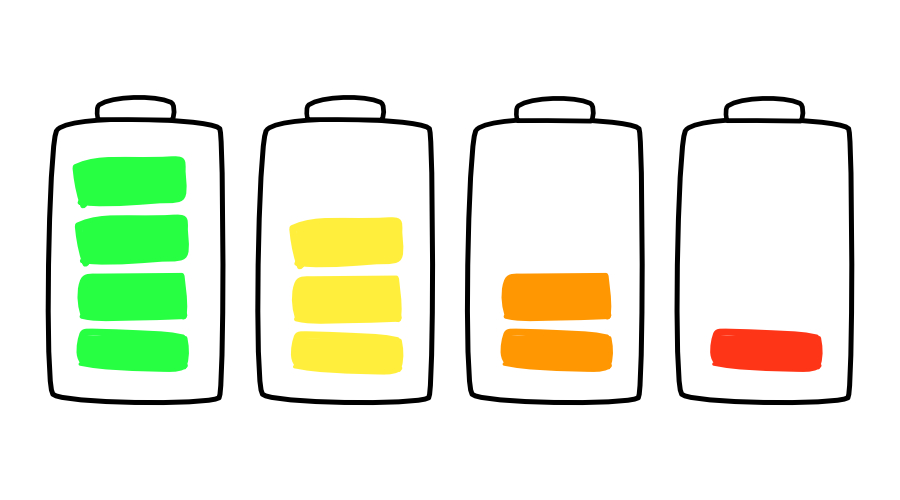I waved goodbye to simple carbs and refined sugar. Bread, rice, pasta, potatoes, and a whole slew of sugary naughtiness. Banished from my diet. It didn't happen overnight. I've been on this healthier eating kick for years. I started slow, switching to wholegrain everything, and ditching fizzy pop and fruit juices. Alcohol was next, although as a whisky drinker it wasn't mandatory for me to cut that out - whisky has zero carbs. It's just that the rebellious part of me enjoys abstaining from the social pressures to drink.
I dropped white sugar and milk from my diet, which meant my morning bowl of porridge consisted of rolled oats and water. Yes, for about three years of my life I ate 'gruel' (as a dear friend referred to it) for breakfast. And yes, I enjoyed it. Starchy foods were the last things to go (including my beloved oats), but it was hard to break my attachment to the carbs. Macaroni cheese, rice, every type of bread, those little chocolate covered cornflake treats you get in Asda supermarket, and the occasional double pack of custard creams (which would typically be consumed by me within a 24 hour period - those people who can eat just one biscuit (AKA cookie), then put the pack back in the cupboard... they ain't normal to me). Between a bit of a belly fat issue, the hangry episodes, sugar crashes, low energy afternoon slumps and brain fog, I knew something had to change. And it did, eventually. When people find out I follow a low carb lifestyle, they usually do one of three things: | 

